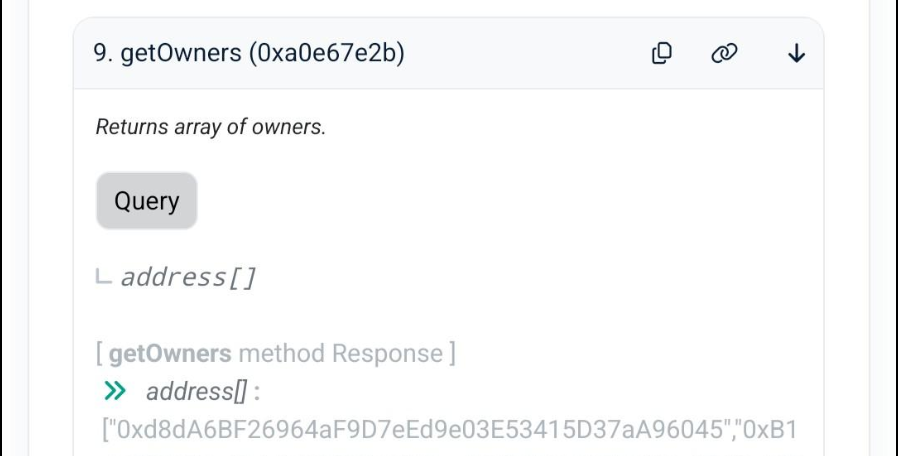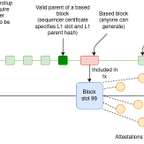How I View Creator Tokens
Over the past decade, we've seen people experimenting with content incentives in the cryptocurrency space, from early platforms like Bihu and Steemit, to BitClout in 2021, Zora, and tipping features on decentralized social platforms. So far, I don't think we've achieved much success, which I believe is because the problem itself is very complex.
First, I want to talk about my perspective on the problem. A key difference between incentivizing creators in the 2000s and now is that the main problem in the 2000s was a lack of content. In the 2020s, content is abundant; AI can generate a complete metaverse for just $10. The problem is content quality. Therefore, your goal isn't *incentivizing content creation*, but *promoting high-quality content*.
Personally, I think the most successful example of creator incentives we've seen so far is Substack. To understand why, look at the top ten authors:
Now, you might disagree with many of these authors. But I have no doubt that:
1. They are generally of high quality and make positive contributions to the discussion.
2. Without Substack's platform, most of them probably wouldn't have achieved such high visibility.
Therefore, Substack is truly discovering high-quality and diverse content.
Now, we can compare it to creator token projects. I don't want to criticize any single project because I think there's a certain failure pattern in the entire category.
For example:
Zora Top Creator Token:
BitClout:
Basically, the top ten authors already have high social status; they tend to be impressive, but the main reason isn't their content.
Substack's core is a simple subscription service: you pay N dollars per month to read an author's articles. But the key to Substack's success is that they didn't just build this mechanism and leave it at that. Their launch process was very pragmatic, deliberately bringing in high-quality content creators to the platform. This was based on their unique vision of cultivating a high-quality knowledge environment, including providing income guarantees for specific members.
Now, let's look at an idea I think is viable (of course, coming up with new ideas is inherently more speculative and prone to error than criticizing existing ones).
Create a non-tokenized decentralized autonomous organization (DAO). It could be inspired by Protocol Guild: It has N members who can (anonymously) vote on the addition and removal of new members. If N exceeds approximately 200, consider automatic splitting.
Importantly, don't try to make the DAO universal, or even try to cover the entire industry. Instead, embrace strong viewpoints. Embrace a dominant content type (long-form writing, music, short videos, long videos, novels, educational content, etc.) and a dominant style (e.g., country or region of origin, political viewpoint, or, in the cryptocurrency space, which projects you most support, etc.). Carefully select initial members to maximize their alignment with the intended style.
The goal is to build a community larger than a single creator, capable of building a public brand and collectively negotiating revenue opportunities, yet small enough for manageable internal governance.
Now, tokens come in handy. In summary, my assumption for the next decade is that most effective governance mechanisms will take the form of "a large number of people and bots participating in prediction markets, while the output oracles are composed of a diverse group of optimized individuals capable of aligning with objectives and resisting information snatching." In this scenario, our approach is as follows: anyone can become a creator and create creator tokens. Then, if they are accepted into a creator DAO, a portion of their earnings from the DAO will be used to burn their creator tokens.
This way, token speculators are not participating in a recursive speculative attention game that relies solely on themselves. Instead, they are actually predicting which new creators a high-value creator DAO will be willing to accept. Simultaneously, they provide a valuable service to the creator DAO: they help the DAO discover potential creators for it to choose from.
Therefore, ultimately, it is not speculators who rise and fall, but high-value content creators (we assume that excellent creators also possess good quality judgment) who determine who rises and falls.
Price Converter
- Crypto
- Fiat
USDUnited States Dollar
CNYChinese Yuan
JPYJapanese Yen
HKDHong Kong Dollar
THBThai Baht
GBPBritish Pound
EUREuro
AUDAustralian Dollar
TWDNew Taiwan Dollar
KRWSouth Korean Won
PHPPhilippine Peso
AEDUAE Dirham
CADCanadian Dollar
MYRMalaysian Ringgit
MOPMacanese Pataca
NZDNew Zealand Dollar
CHFSwiss Franc
CZKCzech Koruna
DKKDanish Krone
IDRIndonesian Rupiah
LKRSri Lankan Rupee
NOKNorwegian Krone
QARQatari Riyal
RUBRussian Ruble
SGDSingapore Dollar
SEKSwedish Krona
VNDVietnamese Dong
ZARSouth African Rand
No more data




